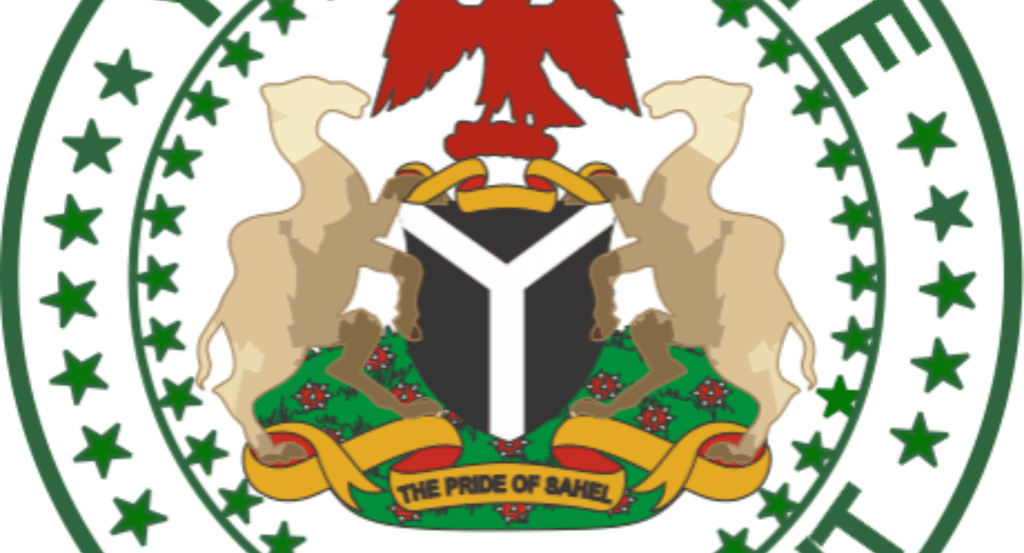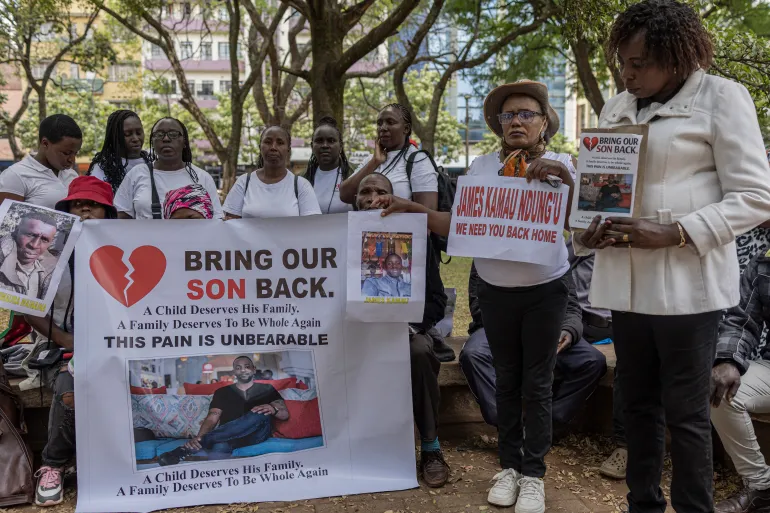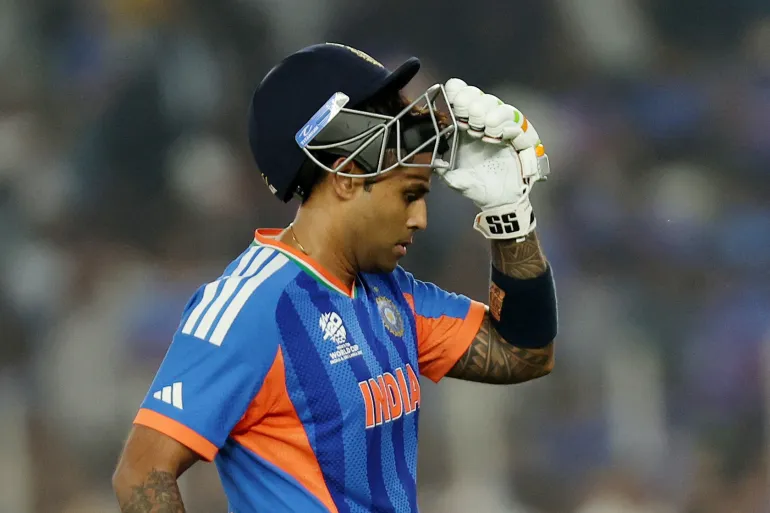Yobe State Governor Mai Mala Buni has launched an integrated yellow fever vaccination campaign, aiming to immunize 3.6 million people across the state. The initiative, which was unveiled on November 13, 2024, is a proactive step to prevent yellow fever outbreaks and improve overall health outcomes for residents. Coordinated by the Yobe State Ministry of Health in collaboration with the World Health Organization (WHO), UNICEF, and other health partners, the campaign is set to reach individuals across various demographics, ensuring that all eligible residents receive protection against the potentially fatal disease.
Yellow fever is a mosquito-borne viral infection that poses serious health risks, often leading to severe illness or death in those who contract it. In recent years, Nigeria has faced multiple outbreaks of yellow fever, especially in states with limited healthcare access and low vaccination coverage. This campaign in Yobe is part of a broader national effort to eliminate yellow fever outbreaks through widespread immunization, enhanced disease surveillance, and improved healthcare access.
The campaign aims to cover 3.6 million people, a target that reflects Yobe’s diverse population, including children, adolescents, and adults. The immunization drive will be implemented in various phases to ensure that residents in both urban centers and remote areas receive vaccinations. Governor Buni emphasized the importance of public health infrastructure in combating yellow fever, highlighting the need for widespread vaccination to prevent a resurgence of the disease in the state.
To achieve its ambitious target, the Yobe State Ministry of Health has mobilized healthcare workers and set up vaccination centers across all 17 local government areas. The campaign will also leverage mobile vaccination teams to reach individuals in hard-to-reach areas, ensuring that geographical location does not hinder access to vaccination. Additionally, the initiative includes a strong focus on community awareness, with health officials working to educate residents about the risks of yellow fever and the benefits of vaccination.
The involvement of international health organizations like the WHO and UNICEF underscores the campaign’s significance and impact potential. Both organizations are providing technical and logistical support, as well as resources needed to maintain vaccine cold chains and transport vaccines safely to remote areas. Their collaboration ensures that the campaign adheres to global health standards and effectively reduces the risk of yellow fever transmission in Yobe and surrounding regions.
Governor Buni expressed optimism about the campaign’s impact on reducing the incidence of yellow fever in Yobe. By targeting a large portion of the population, the state aims to achieve herd immunity, thereby minimizing the likelihood of yellow fever outbreaks in the future. This preventative approach is cost-effective and essential for promoting long-term health security in Yobe.
In addition to yellow fever, the integrated campaign includes vaccinations for other diseases such as measles, which remains a prevalent health threat in Nigeria. Combining multiple vaccines into a single campaign maximizes healthcare resources and provides comprehensive immunization for communities. The broader goal is to reduce the burden of preventable diseases, especially among vulnerable populations like children and the elderly.
The yellow fever vaccination campaign led by Governor Buni represents a critical step in protecting public health in Yobe State. By reaching 3.6 million people, the initiative aims to prevent future outbreaks and improve health outcomes. With the support of WHO, UNICEF, and local health authorities, Yobe is setting a strong example for proactive disease prevention in Nigeria.























